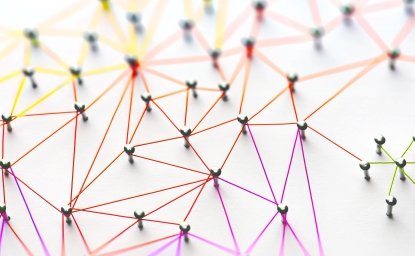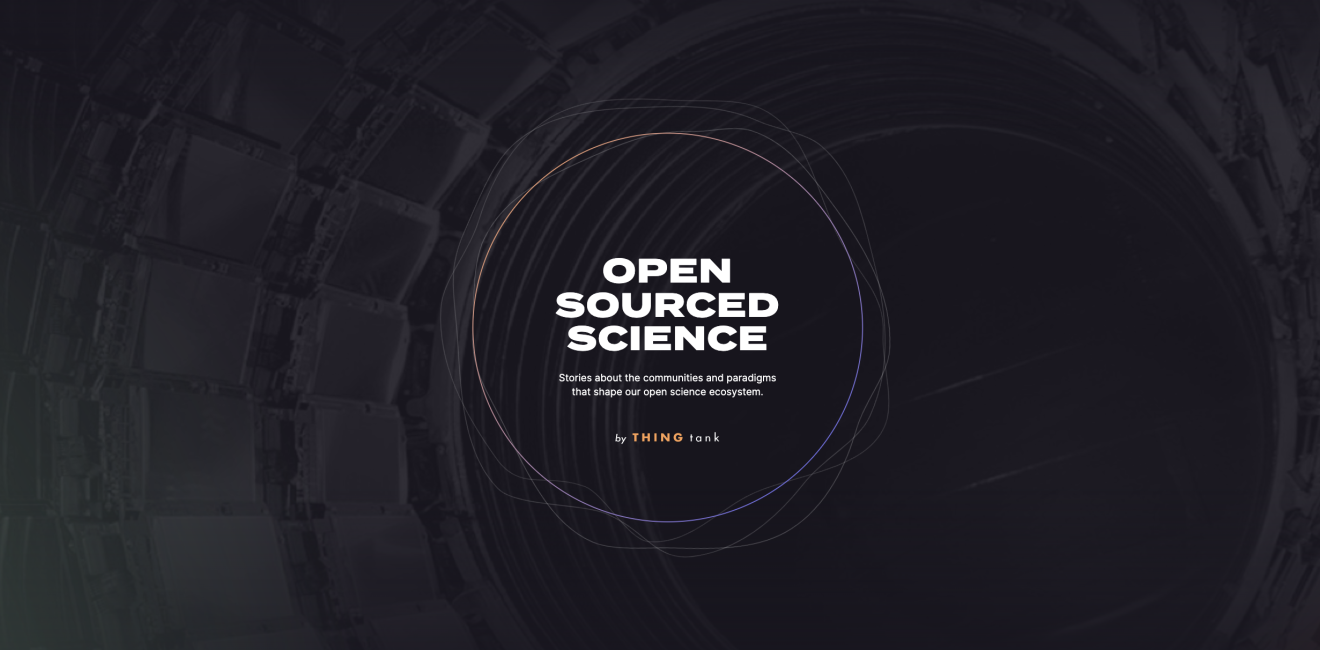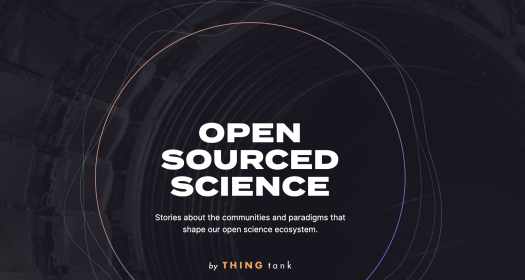Paradigms like open source software and open data are common throughout the federal government at places like NASA and NOAA as well as in Big Tech, like at Netflix and Google. Others, like citizen science and open source hardware, are gaining footholds in society as innovative ways to democratize science. Some, like open source satellites and DIYBio, are still breaking into the mainstream but growing in size and impact as it gets easier to share information and conduct science “at home.” As a whole, the open science ecosystem encapsulates these paradigms, and others, that are becoming more and more well-known and impactful in academia, industry, and beyond.
Fueling progress in these paradigms are communities—groups of people from diverse sectors and with a range of experiences, who work together to propel vital conversations and advancements forward. These communities and their impact inspired this interactive. Open Sourced Science is part of ongoing research from the Science and Technology Innovation Program’s THING Tank at the Wilson Center.
Our goal with this interactive narrative experience is to showcase stories in the open science ecosystem. Each story acts as a window into how communities drive change and how different elements of open science—from open hardware, to citizen science, to open source software—foster experimentation, growth, and innovation in science. In each of the 10 stories, readers will learn how communities intersect to drive change and paradigm shifts. No open science paradigm exists within a vacuum—rather they each share some goals and best practices in the pursuit of making science approachable, usable, and impactful for all.
This work would not be possible without funding provided by the Alfred P. Sloan Foundation and the work of fellow grantees. Additionally, we recruited the following experts in different corners of open science for initial brainstorming and concept generation in a workshop in March 2021, several are credited below. Their ideas and suggestions helped shape our finished product.
- Julieta Arancio - Postdoctoral Researcher at Center for Science, Technology & Society, Drexel University.
- Stacey Kuznetsov, Assistant Professor, Arizona State University
- Nadya Peek - Assistant Professor Machine Agency, University of Washington.
- Lou Woodley - Director, Center for Scientific Collaboration and Community Engagement
Authors
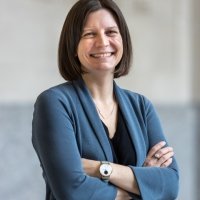
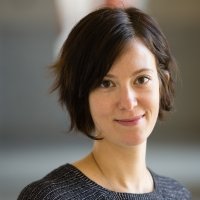
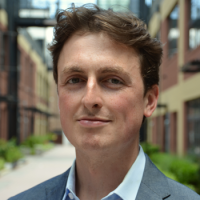

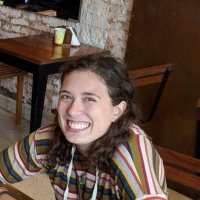

Science and Technology Innovation Program
The Science and Technology Innovation Program (STIP) serves as the bridge between technologists, policymakers, industry, and global stakeholders. Read more

Explore More
Browse Insights & Analysis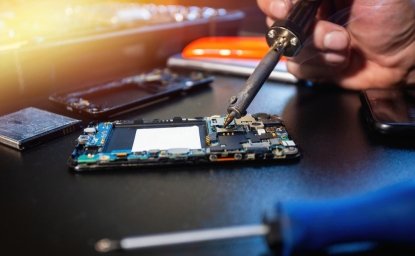
THING Tank
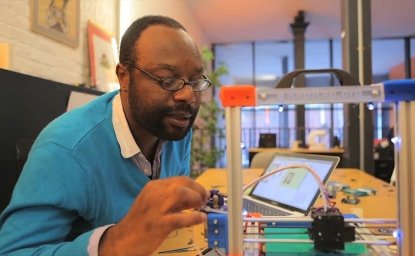
THING Tank: Introducing Converging Communities
